Korean Classes
Whether you want to learn Korean for business, fun, or as a hobby, there are many language classes and private tutors in Singapore. You can choose between in-person and online lessons. With the help of a tutor, learning the Korean language will be quick and effective. You’ll also be able to make new friends and learn about Korean culture.

Ganada Korean Language Centre
The reason why I first chose Ganada Korean Language Centre was mainly because of its affordability and location, and I have not been disappointed. The textbooks are clear and organised and the workshe
iSpeak Korean
iSpeak Korean Language Centre At iSpeak Korean Language Centre, Standard Course is designed to cover both the academic and conversational aspects of Korean Language. Basic to Advanced levels cater to
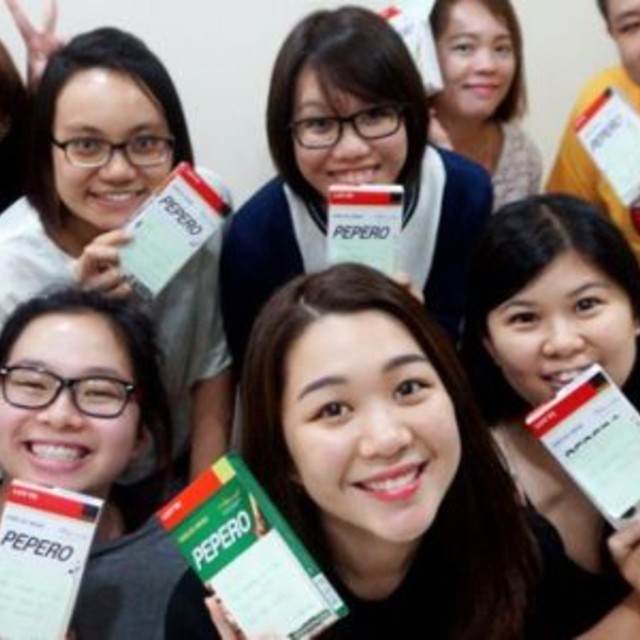
ONLYOU Korean Language School (Singapore)
A great school where the teachers are truly passionate about their calling ” I have been a student of 박한별 선생님 (Ms Park Hanbyul) for over 3.5 years now, and she is an absolutely fantastic teacher. Her
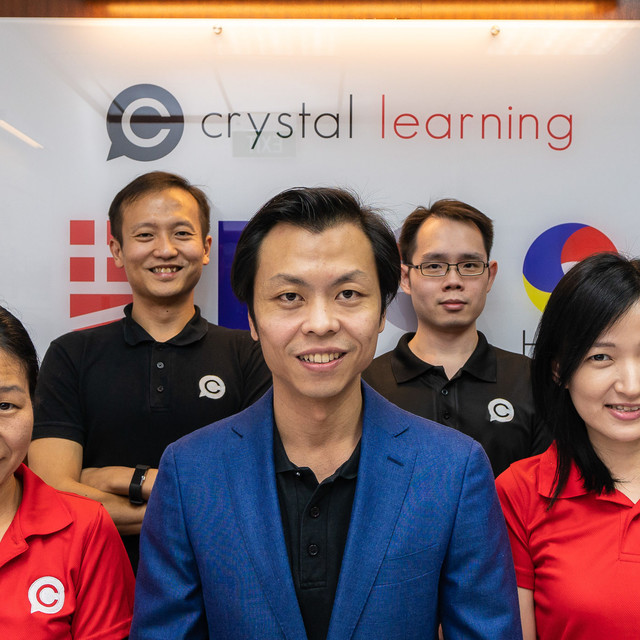
Hana Korean Language Class
We believe that learning Korean effectively is about more than hard work and putting in the hours. That's why we make sure our Korean course materials are ultra-relevant and interesting. Our Korean cl

SEJONG Korean Language School (Singapore) - Central
Singapore's #1 Korean Language School Sejong is thankful to be the top rated Korean language school in Singapore. We have successfully delivered Korean courses to thousands of enthusiastic students as
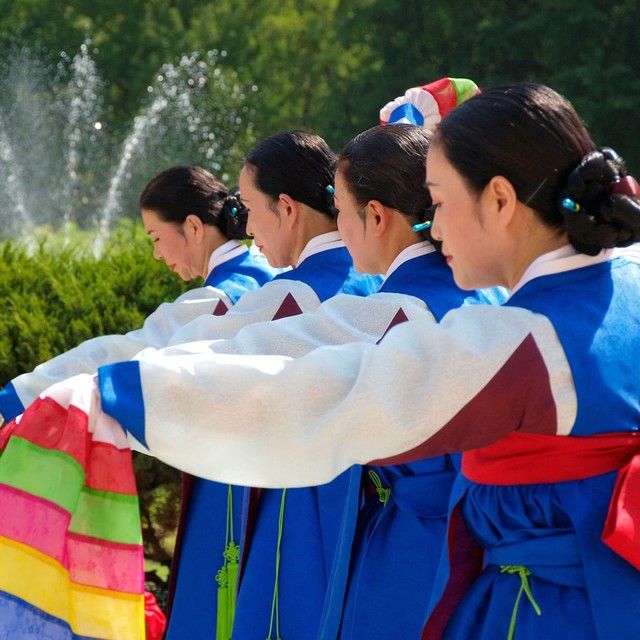
Korean Explorer - Singapore Korean Classes
Here are some of our Korean Placement Tests, so as to determine your proficiency and learning leve Whether you’re a complete beginner or an intermediate student working towards fluency in Korean, Stud
HANOK Korean Language School
TEL: 6564 1234 SMS/WhatsApp: 9784 5228 EMAIL: hello@HanokKoreanClass.com / hanokkoreanclass@gmail.com ■ 133 Jurong Gateway Road, #04-293 Singapore 600133 Operating Hours: MON - THU: 4PM to 10PM SAT &
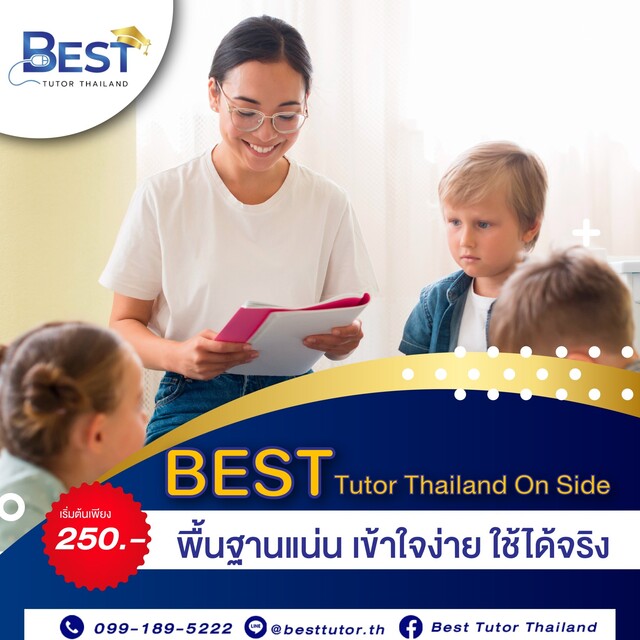
Best Tutor Singapore
🚩 English/Chinese/Japanese/Korean/French (Conversation/Grammar/Test Preparation/Native Speakers)
✏ 5 Subjects: Math-Science-Thai-Social Studies-English (Grade Improvement/Entrance Exam Preparation/Ol
Pearlyn Lee
Hi! I am a part-time Korean private tutor and have been learning Korean for more than a decade! Credentials: TOPIK Level 5 (Highest attainable: Level 6), full marks (200/200) for TOPIK I paper, A* for
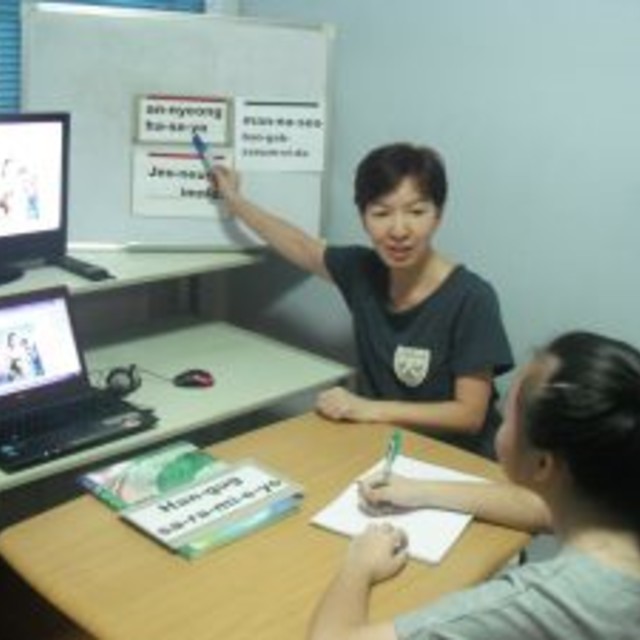
Kimko Korean language tuition
Kimko Korean Home tuition gives you more options, personal attention and most importantly flexibility in learning Korean Language. Bukit Batok Street 31 Block 305, Singapore 650305 Mon — Sun: 10 am —
ezSAM Language Centre (Korean and Chinese)
Keen in picking up a new language? The intensive course runs from Monday to Friday (5 days x 3hrs). Sign up with us today! Learn Korean in Sogang University and also uncover the hidden gems in South K
How to learn the Korean language?
Start with a basic Korean language course. These classes will teach you the essentials of the Korean alphabet Hangul, grammar, vocabulary, and pronunciation. Many Korean language schools in Singapore offer intensive Korean language courses that meet for several hours each day. Get some conversational Korean practice, try to listen to and understand K-Pop songs or K-Dramas, or even take a trip to Seoul. Once you’ve learned the basics of Korean, it’s important to start using your new skills in conversation.
What are the benefits of taking Korean classes?
There are many benefits to taking Korean classes. One benefit is that you can learn from native Korean teachers. They can help you with proper pronunciation, speak Korean, and become fluent and understanding of the language.
Lastly, learning Korean can be beneficial for business or travel purposes. Learning journey can help you communicate with native speakers and better understand the Korean language and culture.
What is the duration of Korean language school?
The duration of Korean language school may be different for each person, but some general things can be said about the process. For most people, it takes around 6 months to a year to learn Korean well enough to have basic conversations, take your first TOPIK exam (Test Of Proficiency In Korean), or even travel to Korea without fear. This is assuming that you attend Korean language classes regularly and do your homework.
How to choose a Korean language centre?
Choosing the best Korean language school in Singapore for beginner students can be tricky. There are so many options available, and it can be hard to know which one is right for you. Here are a few things to keep in mind when making your decision:
- What is your budget?
- What is your level of learning?
- Do you want to take online lessons or study in person with a Korean teacher?
- What is the center's teaching style like?
- Does the center have a strong social aspect and learning environment?
- How much time do you have to dedicate to studying?
- What is the center's success rate?
What is the best way to improve your Korean language skills?
One way to improve is by taking an online Korean class. Many websites offer a free trial, so you can try out a couple of different lessons before committing to one. Make sure to find a class that is taught by a native speaker, as they will be able to help with proper pronunciation. Another way to learn is by joining a student group class. This can be helpful because it provides accountability and motivation to keep learning.
What types of Korean courses are available?
When it comes to learning Korean in Singapore, there are a few different courses that you can take. Depending on your level and needs, you can find a language school that offers the perfect class for you. Many schools offer introductory Korean courses for beginners that cover basic grammar and vocabulary. This lesson is ideal for those who have never studied before.
If you're looking to learn more about culture, some courses focus on aspects like history, cuisine, and arts and crafts. These classes are a great way to immerse yourself in the language.